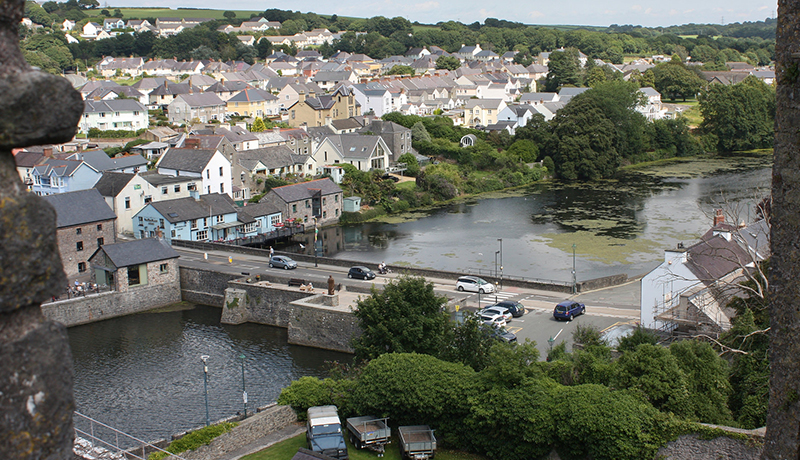 Henry VII - born Henry Tudor - was born at Pembroke Castle in 1457
Henry VII - born Henry Tudor - was born at Pembroke Castle in 1457
 A view of Pembroke from Pembroke Castle, Wales
A view of Pembroke from Pembroke Castle, Wales
 The statue of Henry VII is in front of his birthplace, Pembroke Castle
The statue of Henry VII is in front of his birthplace, Pembroke Castle



Rate and Review
Rate this article
Review this article
Log into OpenLearn to leave reviews and join in the conversation.
Article reviews